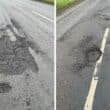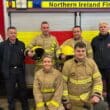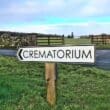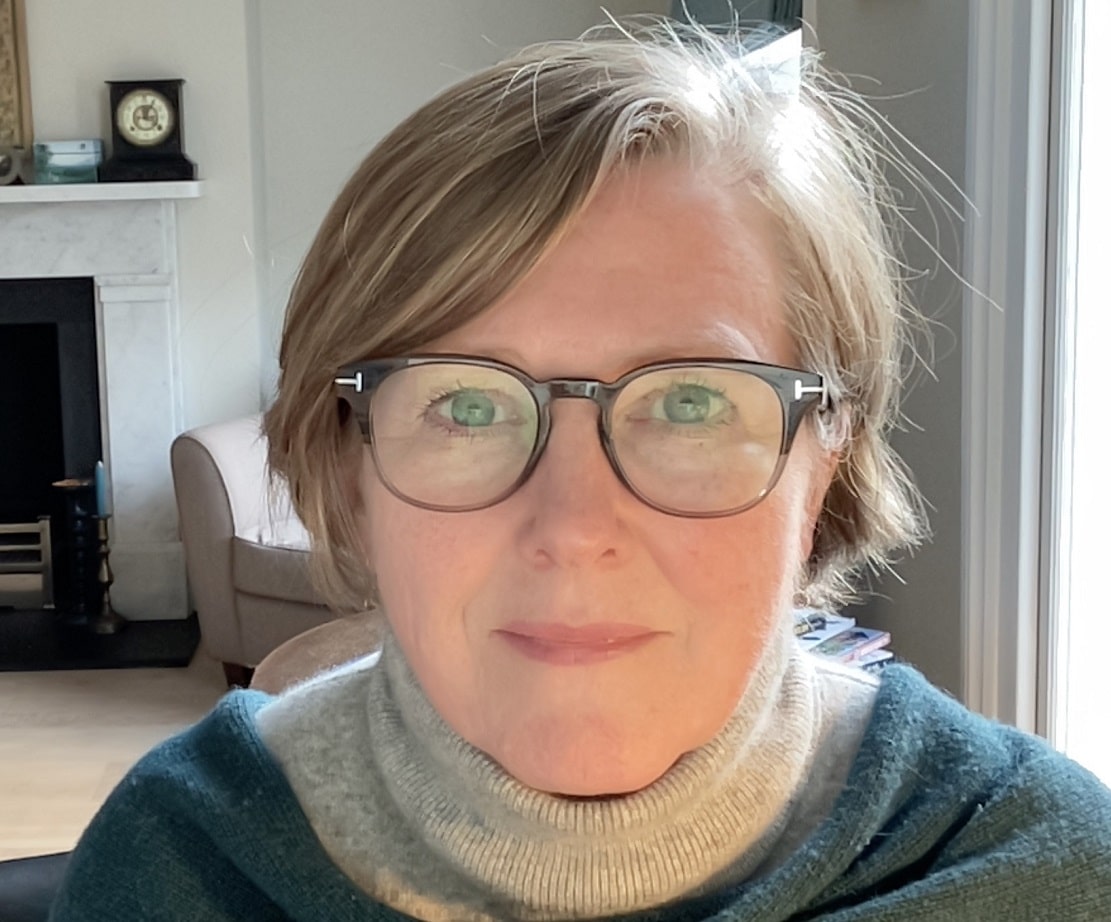
An Armagh author, based in London, has won a prestigious award for her children’s book that aims to develop children’s perceptions of the world in which they live.
Jackie McCann is from Armagh and moved to England for university in the 1980s. She found a job in London after graduation and became an editor at a children’s publishing company. She has remained in publishing ever since and eight years ago, took the plunge and became a freelance writer and editor.
Now, together with Belfast-based illustrator, Aaron Cushley, Jackie has scooped the prestigious Royal Society Young People’s Book Prize for 2022.
The Royal Society, which was formed in the 1660s, seeks to “recognise, promote, and support excellence in science and to encourage the development and use of science for the benefit of humanity.”
For the competition, judges from 500 UK schools, science clubs and groups declared the victor from a shortlist of six –decided by a panel of adult judges – with the winning book to receive a £10,000 prize.
Jackie and Aaron’s book – ‘If the World Were 100 People’ – was described by the Royal Society as a “thought-provoking read” that “gives insight into the people we share our planet with.”
‘If the World Were 100 People’ imagines the world as a single village with 100 residents. As the world’s population is 8 billion, each resident represents 80 million people in the real world. The book asks questions such as ‘How many people have black or red hair, blue or brown eyes? How many residents can read? How many of us have a safe place to live, and do we all have internet access?
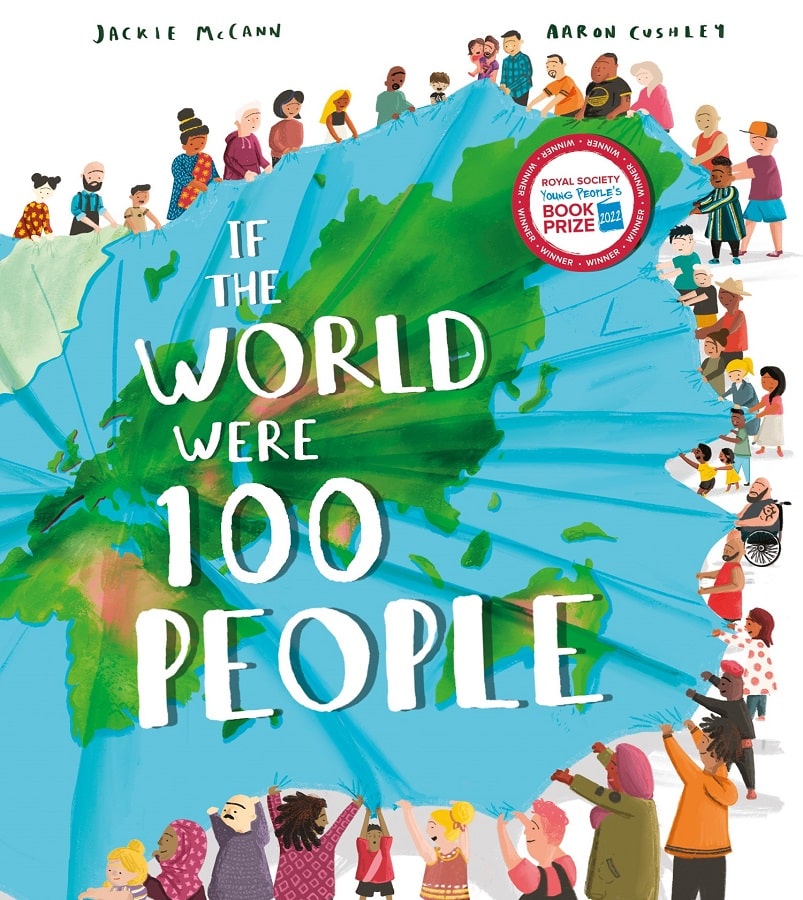
Speaking to Armagh I about her book, Jackie said: “It makes children think about the wider world in which they live, and hopefully realise that the wider world is a different place to their own backyard.
“If the world did consist of 100 people, 26 of those people would be children, as over a quarter of the world’s population are children,” Jackie explained. “The book breaks down big numbers and concepts into ideas that are much simpler for children – and perhaps even adults – to grasp.
“In terms of food, there are 89 people in our village who have enough to eat, but eleven people do not: they are hungry and may be starving. Yet, at the same time, about a third of our global food goes to waste every year. I hope that children make the connection between these numbers and ask themselves if there is more that can be done to help those eleven people.”
Jackie says that the aim of the book is to “let the numbers speak for themselves,” and provoke conversation and debate amongst young people.
“There isn’t a lot of text on the page and that’s deliberate. I tried to keep the information very fact-based and let children draw their own conclusions. I’d like the book to act as a springboard for discussion so that parents, teachers and children can share the information, ask questions about the world, because it’s only by doing this that we can begin to tease out the answers.”
Jackie and Aaron’s book made the shortlist last year, finally lifting the trophy on March 7 at an online award ceremony.
“It was really lovely and an incredible surprise,” she said. “You never know what’s going to to resonate with people, and I’m really delighted that this book did because I think it asks thought-provoking questions and points to issues that concern all of us.
“The prize was awarded to both of us and I think children really liked Aaron’s detailed illustrations, and they could relate to them. The competition was stiff so it is really special.”
Jackie and Aaron are hoping for further success this year with the sequel ‘If Our World Were 100 Days’ set to publish this August.
Jackie explained: “The idea is to condense the last 10,000 years of human history into 100 days. We look at when our ancestors first built permanent homes, when the wheel invented, when writing first appeared, and what led to the explosion in world population.
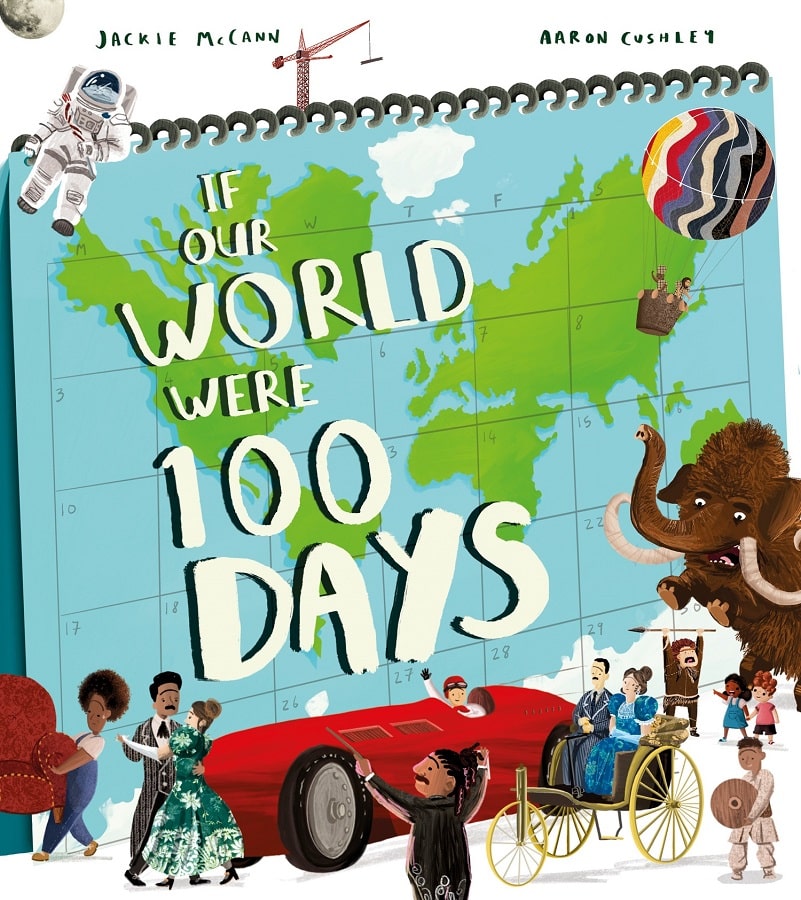
“The new book looks at some of humankind’s big achievements and also the simple facts of life. Some things haven’t changed at all: in the modern world, we still need shelter, protection, somewhere to sleep and somewhere to eat, just as our ancestors did.
“And we’ve come a long way from gazing up at the stars 10,000 years ago to actually being able to travel up into them.”
Jackie concludes that she wants her story – one of an Armagh native making a name for themselves in the London literature world – to inspire local young people.
She said: “For me especially, I think it’s really nice for local children to see that if they want to write or illustrate books, then there’s no reason why they can’t, because Aaron and I are a couple of local examples of people who have done just that.”

